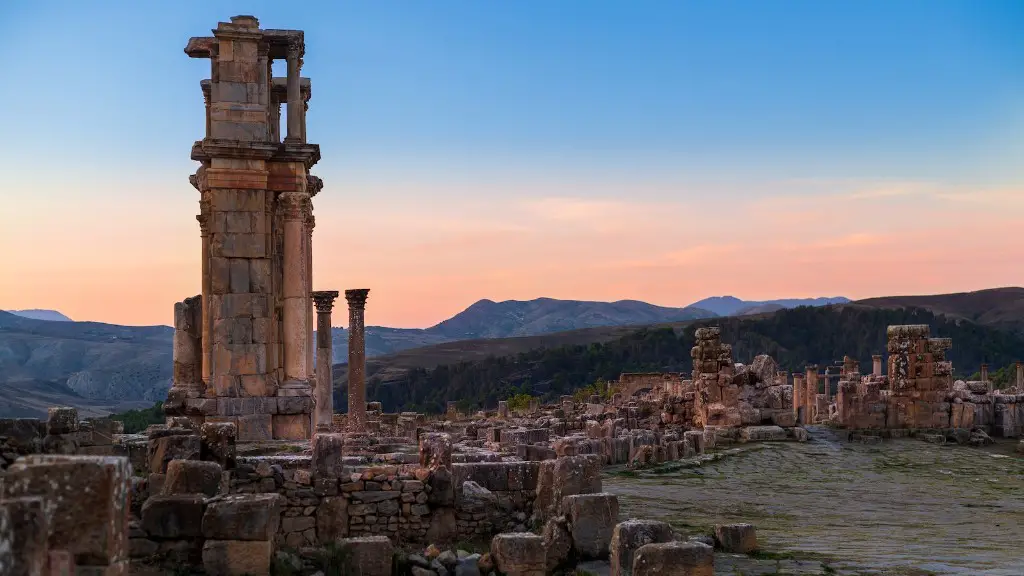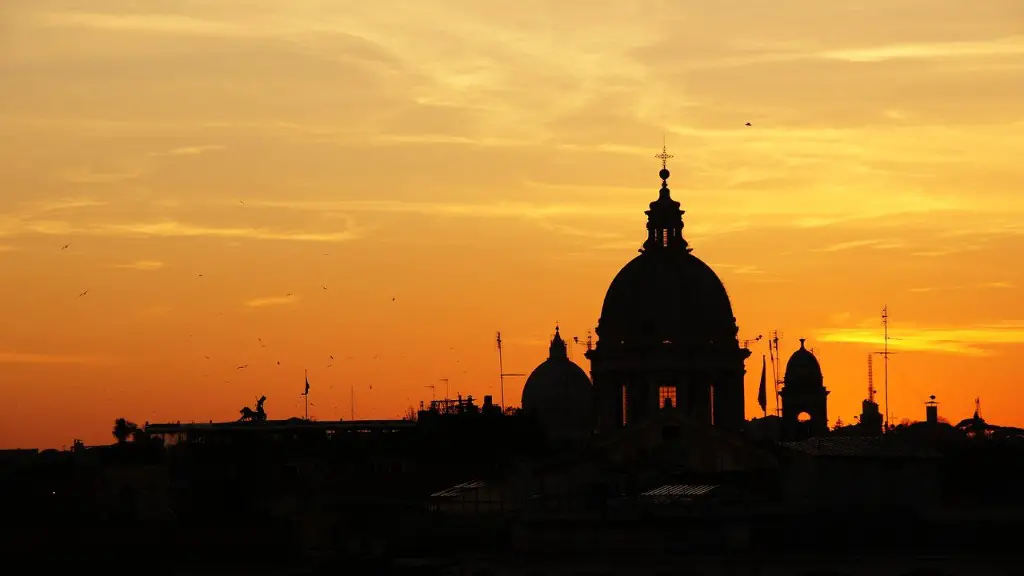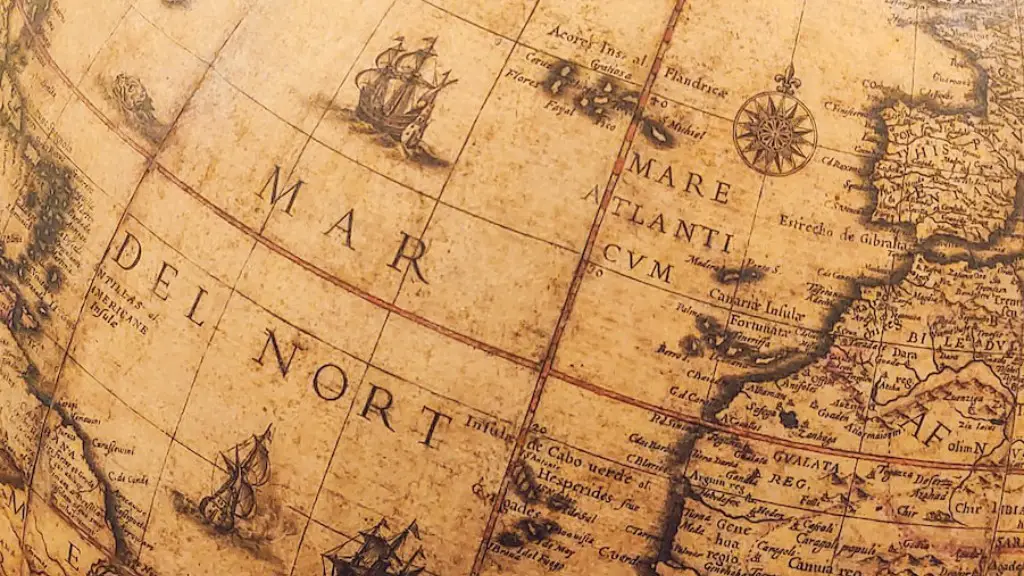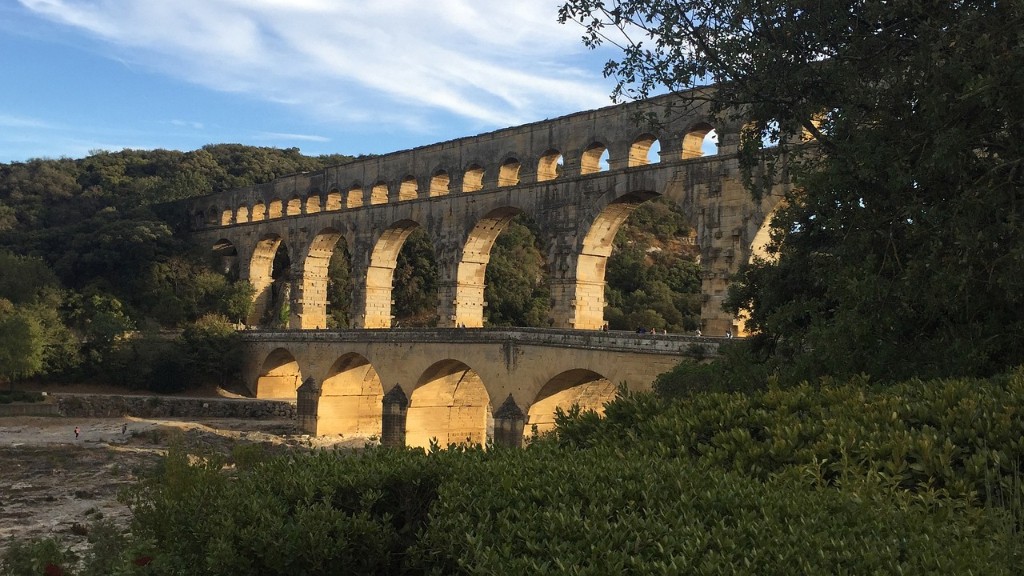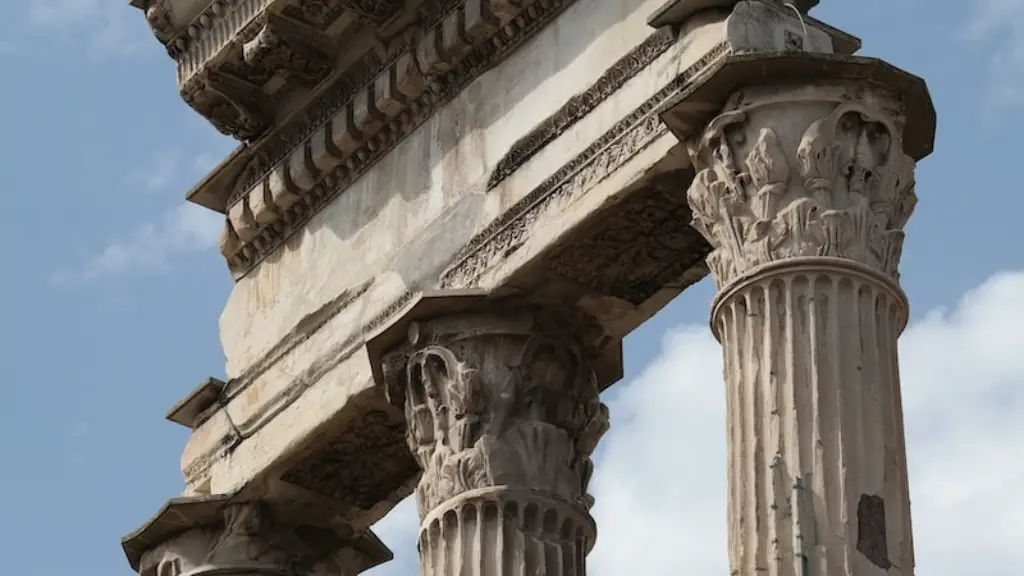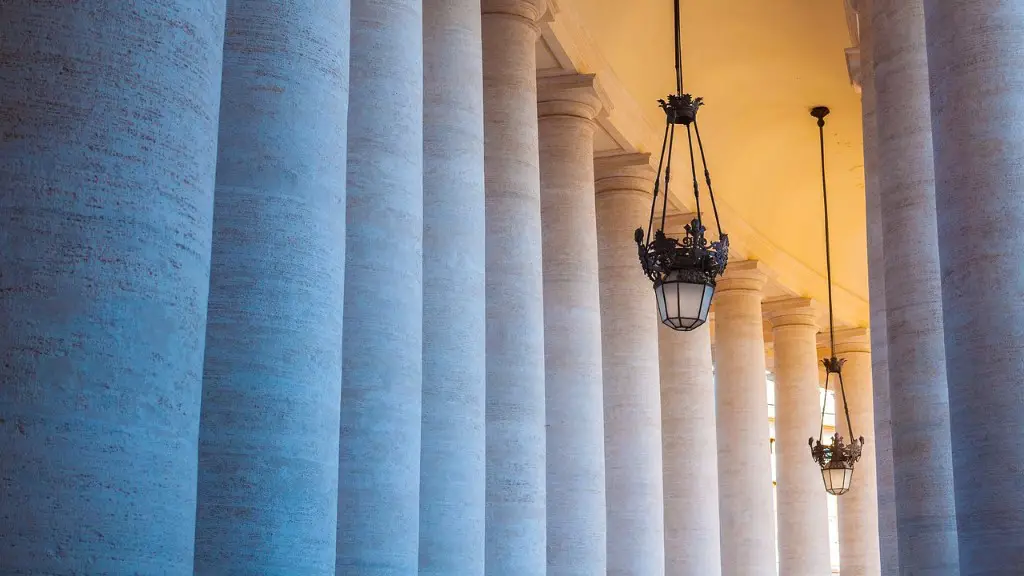The Religiosity Of Ancient Rome
Ancient Rome was a civilization steeped in religious belief, which governed the lives of the Roman people since roughly 750 BC. Roman religion was heavily institutionalized and integrated into their daily lives. It affected all aspects of their society from politics, warfare, law, and public rituals. In fact, the Roman historian Livy wrote “…religion is the basis of society and that no part of life is untouched by it”.
To the Romans, religion was a source of spiritual guidance and community, providing a connection to the divine, as well as explanations for the human experience and purpose. As a result, Roman thinkers attributed religious value to natural phenomena, sought to appease their gods through various ritual practices ranging from prayers and votive offerings to animal sacrifices. They even believed in the power of their words and gestures to attract the favour of the gods.
There were also many gods in the pantheon of the Roman religion and each was associated with different activities. For instance, Jupiter was the king of the gods and the god of the sky and thunder, while Mars was the god of war. The goddesses Juno, Minerva and Venus were associated with marriage, wisdom and love. Additionally, the Romans also believed in gods associated with land, agriculture and fertility, as well as their ancestors, who were believed to protect and guide the family.
Furthermore, From the time of the Republic, the Roman Senate and many of the most influential citizens dedicated temples to popular gods, and each year the Senate granted religious holidays in honour of various gods. This showed their devotion to their gods and religious piety, and served to build and maintain relationships with their gods. In addition, every city in the Roman Empire had a Capitolium, or temple of the gods.
Additionally, Roman religion was closely connected to politics and their government. The pontifex maximus, or “high priest”, was traditionally one of the two most powerful men in Rome. His primary role was to conduct rituals and interpret signs to let the Senate know if their actions were pleasing to the gods. Since being in the gods’ good graces was thought to bring prosperity, a good pontifex maximus was essential for achieving success.
Finally, religious cults also had a powerful influence on Ancient Rome. These cults were often focused on particular gods, had their own temples and rituals and often proved extremely popular among the people. Furthermore, the cults often transcended class boundaries and the most famous of these cults was the Bacchanalia, which worshiped the Greek god Bacchus.
Political Implications
Political life in Ancient Rome was heavily influenced by religion. It was believed that traditional Roman values, such as respect for the gods and obedience to the laws of the state, were necessary for the success of the Roman Empire. As such, the Senate and other state officials often sought religious approval to confirm their decisions and actions were in keeping with traditional Roman values.
Furthermore, the emperor used Roman religion to lend legitimacy to his power, and his position at the head of the religion gave him a special authority over all other civic and religious matters. Therefore, while the emperor was not a religious figure, Roman religion was used to buttress him as the ruler of the empire his legitimacy and divine blessing depended on them sprinkling celestial approval on him.
In addition, Roman religion also provided justification for Roman expansionism. In Roman myth, the goddess Roma was sent out to found a new world order centred on Italy – a task which was fulfilled with the expansion of Roman rule across the Mediterranean. This expansion was seen as a direct act of divine will, and was used to bolster Roman pride and courage.
Finally, the Roman religion also determined who had access to power. Priests, through their oracular authority, held a unique power in the Roman political world. They were often consulted before any major decision was made, and their recommendations often carried more weight than any political decision.
Divine Intervention
Divine intervention played a major role in ancient Roman politics. The Roman state was believed to only be successful if approved by the gods, so religious rituals were an important part of any civic function. Before a major law or decision was made, the Senate would often consult with an oracle or priest to discern the gods’ approval. If the gods agreed, then the decision was made and often enacted without much issue.
Additionally, the gods were often believed to intervene directly in the political process. Many Roman emperors attributed their success to the gods, and divine intervention was often prayed for in times of extreme peril. For instance, Emperor Septimius Severus led Rome in a successful war against the Parthians that many attributed to the will of the gods. Furthermore, emperors were traditionally crowned with a laurel wreath as a sign of divine approval.
Furthermore, religious deities also played a role in deciding the fate of the state in times of crisis. Ill omens, rising floods, and other natural disasters were often taken as signs that the gods were displeased or that a different course of action was necessary, and the Senate would take divine portents into account when making their decisions. Additionally, fate played an important role in Roman religion, and the gods were often believed to have predetermined events in the political process.
Finally, the Romans believed divination techniques, such as astrology and augury, could give one insight into the future. As such, the state officials consulted with augurs and astrologers to divine the future before making major political decisions. This practice proved very popular with Roman rulers, as they believed their actions could be guided by divine insight.
The Impact Of Religion On Roman Society
The presence of religion had a strong influence on Roman society. Caesarian augurism held sway, while devotion to the gods was seen as the defining mark of a good citizen. Religion was integral to daily life and was seen as a source of social cohesion, providing ritual expression and spiritual guidance to the community.
Furthermore, honoring the gods was a fundamental part of Roman life, and religious festivals, processions and sacrifices were essential components of the Roman calendar. Festivals such as the Saturnalia, during which the gods were offered sacrifices, and the Lupercalia, in which a goat was sacrificed to the gods, were hugely important occasions and witnessed by vast throngs of people.
Moreover, religion played an important role in determining the social standing of an individual. Becoming a priest or prophet of one of the gods was a highly prestigious status, and these individuals wielded great power, as their words and rituals had the power to could influence gods and the political process. Furthermore, by taking part in religious rituals, individuals could gain access to greater wealth and influence.
Additionally, Roman religion served as a unifying force between different tribes and classes, many of whom worshipped the same gods. This unified belief system allowed these groups to work together to achieve common goals, even in times of difficulty, as they were all united by a single faith in the gods.
Finally, religion provided an explanation for the natural order of things, as well as an explanation for events such as wars and natural disasters which could not be explained through human understanding. This understanding of the natural order allowed individuals to make sense of their own lives and accept the circumstances which had befallen them.
Religion Today
The legacy of Ancient Rome is still felt today, as many of the modern world’s religions, particularly Christianity, owe much to Roman religious practices. Christianity, for instance, has adopted many of the rituals and beliefs of ancient Rome, from the use of burning incense to honor the gods to the concept of papal infallibility.
Furthermore, many of the modern world’s governments still rely on religious support to help legitimize their rule. Modern presidents, prime ministers, and other state leaders often receive religious blessings before taking office, and often invoke religious language to help reinforce their rule.
Additionally, religious holidays and feasts often provide a time for modern citizens to come together and bond, creating a shared sense of community and belonging. Much like the ancient Romans, modern societies look to the divine for guidance and reassurance during difficult times.
In conclusion, religion was an integral part of Ancient Roman life and its legacy can still be felt today. From the legitimization of rule to the creation of a shared sense of community, religion still plays a powerful role in the modern world.
Romans and Christianity
The introduction of Christianity to Roman society was a revolutionary event, as it challenged the traditional religious beliefs and practices of the Roman world. Initially, the Christian faith was viewed with suspicion, as it ran contrary to many of the beliefs of the state religion. Over time, however, the message of Christianity began to gain traction, as it touched on many of the same themes as the Roman religion but with a new and profound spiritual message.
The teachings of Christianity resonated with the Roman people, as its message of love, mercy and forgiveness appealed to a wide audience. Furthermore, the Church espoused values such as charity, humility, and obedience which would benefit society as a whole. These values were eventually echoed in the works of some of the most influential Roman writers, such as Virgil, Horace and Ovid.
Furthermore, the Church provided spiritual guidance and consolation to those in need, offering charity and solace in dark times. This allowed the Church to connect with the people more deeply than any other institution, and served to break down barriers of class and societal rank. This message of inclusiveness and understanding appealed to the Roman masses, and many flocked to the Church to seek solace and guidance.
Finally, the Church provided an outlet for intellectual discourse, as it provided a platform for members to share their insights and opinions. Over time, the Church, with its renewed focus on learning, would come to be seen as a bastion of knowledge, and would become the source of much of the knowledge of the Roman world.
The Enduring Legacy of Roman Religion
The legacy of Roman religion continues to this day, as many modern institutions, beliefs and practices owe much to the Roman gods and their powerful influence on the Roman world. From the state-sponsored temples of the Senate, to the more personal worship of individual gods, the Roman people’s devotion to the gods permeates modern society.
In addition, many of the government rituals and political practices of the era are still in use today, such as the consulting of auguries before major decisions and the offering of animal sacrifices to the gods. The Olympics, from its earliest roots, was heavily influenced by the religious beliefs and practices of the Roman people and continues to be the gathering place for athletes from around the world.
Furthermore, the Roman gods still hold a prominent place in modern culture and revered by people from all walks of life. Jupiter, God of the Sky, is still invoked in literature and film, as is Mars, God of War. Additionally, many Roman superstitions still remain, from the belief in omens to the power of the mind to affect the gods.
Finally, the legacy of Roman religion is still felt in the modern world, as many of the beliefs and customs of the Roman people have been passed down through the centuries and still hold powerful sway in many countries today. Whether it is through formal worship, superstitions or simple devotion to traditional Roman values, the gods of the Roman world still preside over much of the world today.
